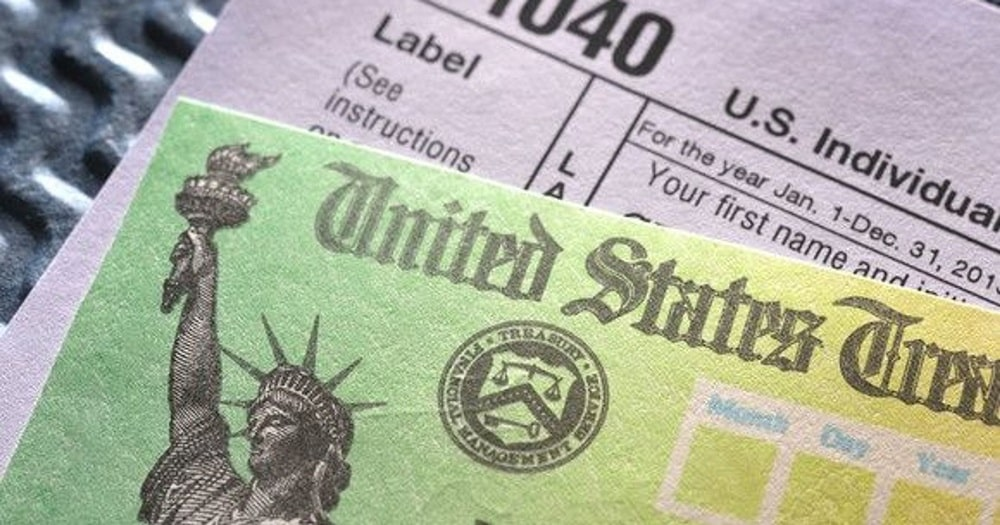
As an American citizen, you are required to file taxes by mid-April each year. Unfortunately, and although most people know about the tax deadline, many fall short of fulfilling their tax obligation. If you have unfiled tax returns and are seeking to gain security clearance, your application could be in jeopardy.
Similarly, if your unfiled tax returns are discovered and you currently hold security clearance, you could end up losing your job and the clearance that goes along with it.
Here are the steps you can take when you have questions or issues with tax returns and your security clearance status.
Security Clearance Denials
If your employment is related to the federal government, you should know that the FBI, CIA, and other agencies have a critical obligation to provide security clearance to only those who are uniquely qualified to receive it.
The government receives thousands of applications for security clearance annually. Of those applicants, a good portion is denied clearance. The denials could be for several reasons, but one of them deals with failure to pay taxes for the current and previous years.
Tax Issues That Lead to Denied Security Clearance
Owing Back Taxes: The term back taxes is used to describe any unpaid balance to the IRS. If you failed to file your taxes last year or three years ago, you could have a back taxes balance. If you owe less than $10,000, the IRS will typically approve an installment plan automatically, allowing you to make your tax obligation whole again.
Unfiled Tax Returns: The IRS takes unfiled tax returns extremely seriously. If you fail to file, the IRS can file a return for you, along with plenty of added taxes and penalties. Filing tax returns late also places them under extra scrutiny, so make sure your past-due returns are complete and factual for IRS review.
Tax Liens for Delinquent Taxes: If you owe back taxes, the IRS may place a tax lien on your home or other property. This is a legal claim against the property for unpaid property taxes and could cause you to lose your home or other property, along with your security clearance.

The Security Clearance Application Process
Applying for security clearance with the federal government requires you to fill out and submit a Questionnaire for National Security Positions. This is a 120-page document created by the U.S. Department of Personnel.
Following submission of the questionnaire, you will undergo a stringent background screening, which could unveil your previous tax delinquencies, liens, or unfiled tax returns.
If you are found to have back taxes owed or you’ve neglected to file the necessary tax returns for one or several years, your security clearance application will most likely be denied outright.
What Do Taxes Have To Do With Security Clearance?
Government officials will quickly deny a person who owes delinquent taxes or that has unfiled tax returns for a number of reasons. The primary reason is that the individual is seen as untrustworthy. A person who can’t file their tax returns on time or pay their required share of taxes may also be lazy or irresponsible. None of these qualities should be present when looking for a prime security clearance candidate.
Other reasons for denial of security clearance over tax issues include the person being seen as unreliable and more likely to engage in illegal acts to raise the necessary funds. Government officials don’t want to risk the security of the nation with people who have tax or other money issues.

Why It’s Necessary to Resolve Your Tax Issues
If you have security clearance now and somehow your tax delinquencies were missed, you’re not out of the woods. Your clearance could be restricted or revoked if you continue to avoid your tax obligations.
If you are applying for security clearance and you owe back taxes, have unfiled returns, or a lien on your property due to unpaid taxes, those should be taken care of before you apply for security clearance. If you want your application to be approved, you’ll want to do whatever is in your power to make your tax obligation whole, and your debt to the IRS paid in full.
Hiring a tax attorney is a good first step so that you can resolve your tax issues and be better prepared for the security clearance application process.

